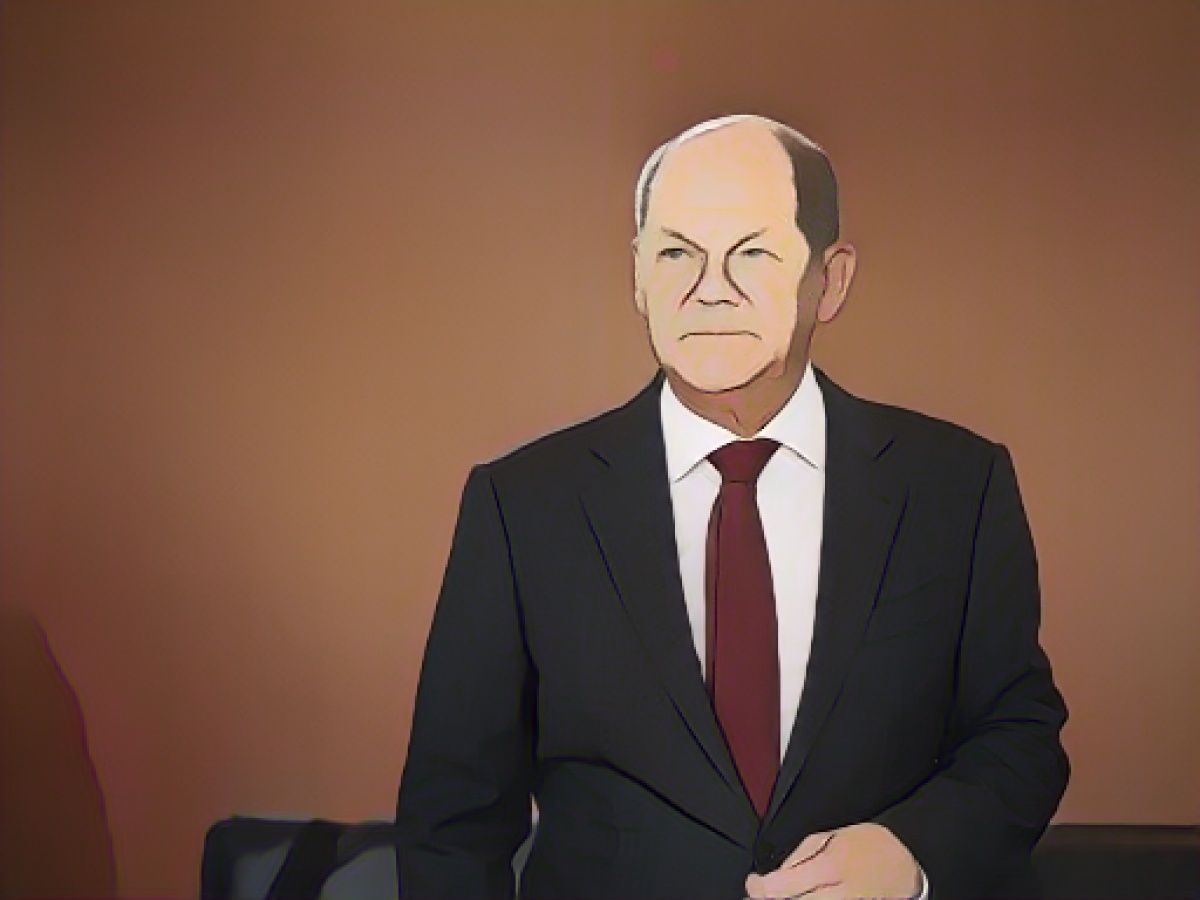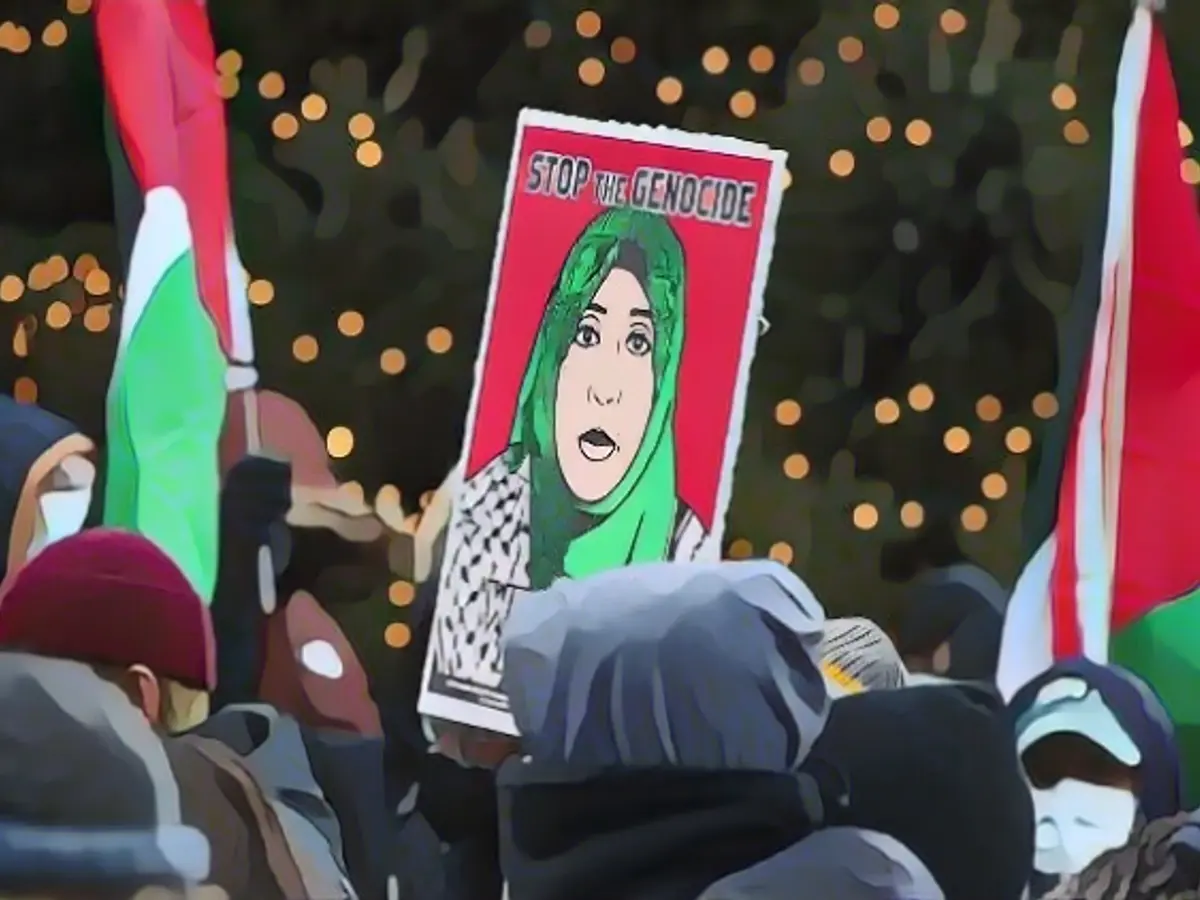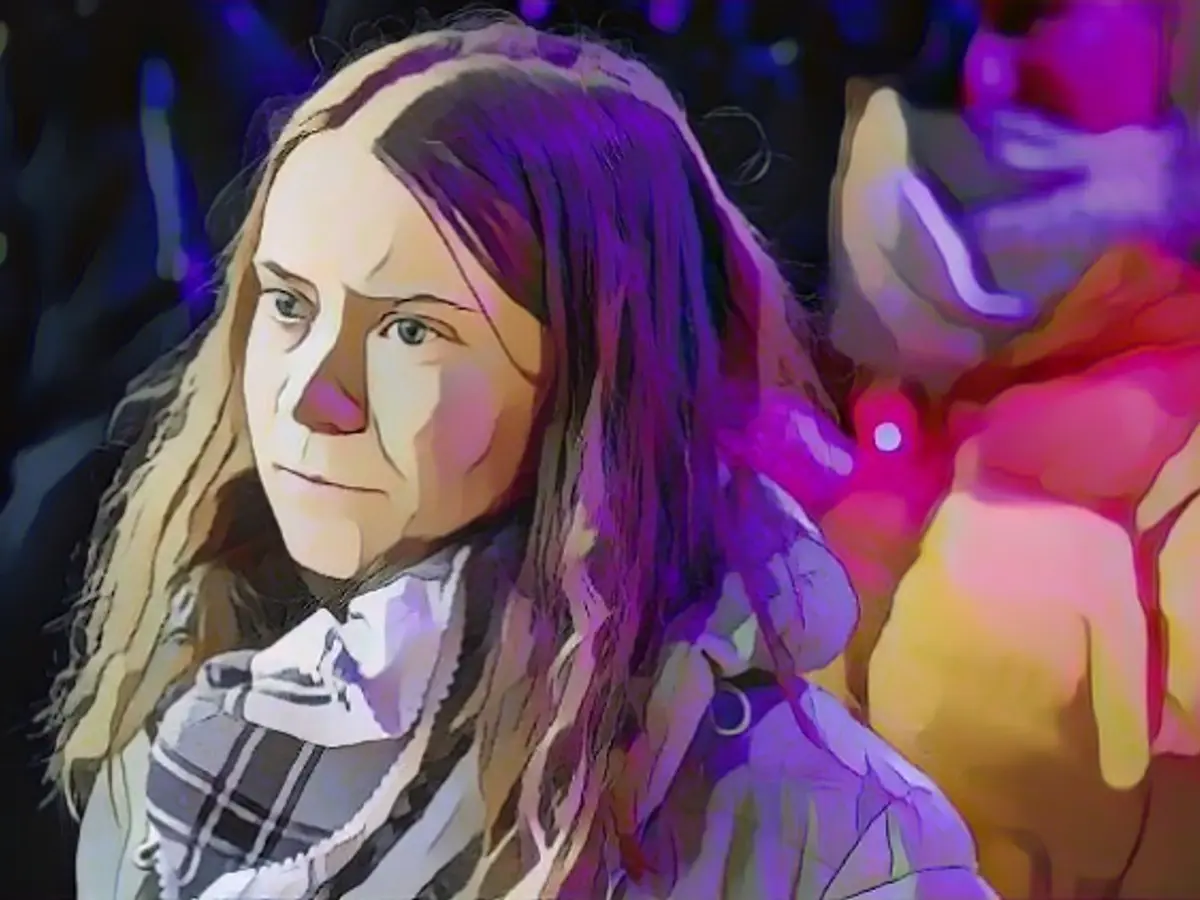Chancellor Scholz Sounds Alarm Over Anti-Semitic Attacks
German Chancellor Olaf Scholz (SPD) has urged citizens to stand up against anti-Semitic attacks following a surge in such incidents. In an interview with "Mannheimer Morgen," Scholz stated that anyone targeting Jews in Germany is attacking the country as a whole, emphasizing the importance of civil courage.
The state has a responsibility to protect Jewish institutions, and anti-Semitic acts, including burning Israeli flags, cheering the death of innocent people, and shouting hate slogans are all criminal offenses with strict penalties. Authorities are expected to enforce these laws consistently, according to Scholz.
Pro-Palestinian Demonstrations: Police Crackdown and Public Unrest
Recent events, including pro-Palestinian demonstrations in Germany, have led to investigations into potential hate speech, such as anti-Semitic slogans. The rising tension comes amidst increased pro-Palestinian demonstrations linked to the Gaza conflict following a terrorist attack by Hamas in the Israeli border region.
CDU Leader Merz Urges Caution in Naturalization Reform
CDU leader Friedrich Merz called on the current coalition government to halt its naturalization reform plans, citing concerns about the process's implications on immigration and citizenship. Merz believes the flexibility in naturalization, like the possibility of naturalization within just three years instead of the current five, should be reconsidered.
The proposed naturalization law aims to make the process more accessible to foreigners with exceptional integration achievements. However, critics fear it may encourage further unrest, as per Merz's statement.
Debating Anti-Semitism and Civil Liberties
Politicians across the spectrum are vocal about the need to combat anti-Semitism yet preserve freedom of assembly and association. The FDP's vice-chairman Konstantin Kuhle emphasized the importance of upholding civil liberties while tackling hateful speech and actions.
Measures to address anti-Semitic incidents at demonstrations include language restrictions, discouraging hate speech, and conducting investigations related to incitement to hatred. Critics argue that such restrictions may unfairly target Arab and Muslim voices.
The Federal Government Commissioner for Anti-Semitism, Felix Klein, raised concerns about anti-Semitism within the Arab and Turkish communities in Germany, urging increased focused efforts to address the issue. The Alliance Against Islamophobia and Anti-Muslim Hate (CLAIM) reported a significant rise in anti-Muslim discrimination in 2023, with at least 1,926 reported incidents.
Even as Germany tackles anti-Semitism, the political landscape is marked by ongoing debates and criticism. The far-right Alternative for Germany (AfD) has pushed for stricter immigration policies, which sparked divisive political backlash.
In conclusion, Chancellor Scholz's call to stand against anti-Semitic attacks reflects Germany's commitment to protect Jewish communities. While measures like language restrictions and anti-discrimination efforts have been implemented, ongoing debates related to freedom of speech, naturalization reform, and civil liberties continue to shape the country’s response to hate speech.
[1] [2] [3] [4] [5]








